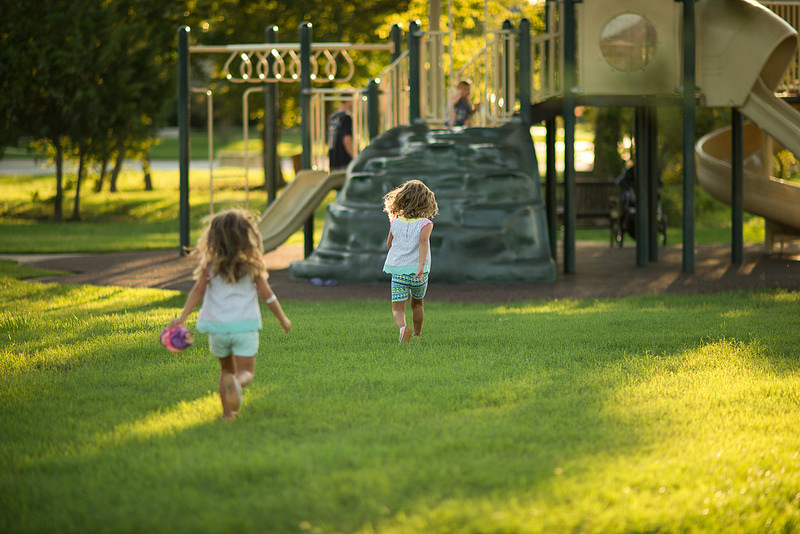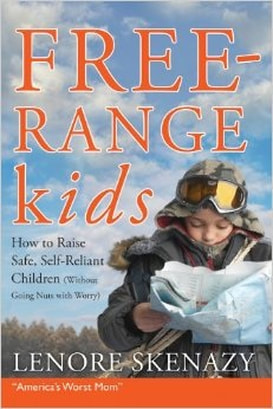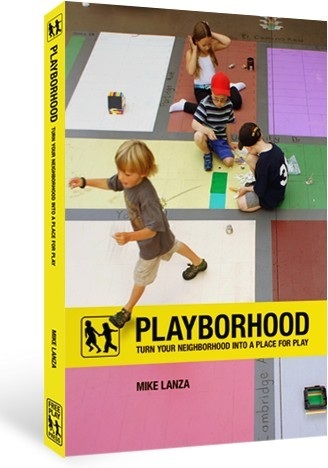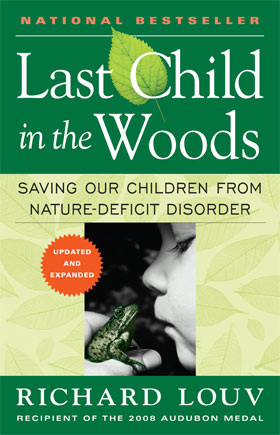|
Mounting evidence shows that over-supervising and over-scheduling your child stunts their emotional and cognitive development. But now we know it stunts their physical development, too.
Obviously, these stunts are highly computer-generated... but what I loved about them is that they really help adults glimpse into a child's imagination. Crossing the monkey bars or jumping around on furniture can REALLY feel like that! That joy, that imagination... it isn't just magical. It's also an important part of child development. As I wrote in Kids' Games are Getting More Dangerous, And It's ENTIRELY Their Parents' Fault: Children are hardwired to explore. Risk-taking (or, at least, the perception thereof) is in their nature. Risks tend to manifest themselves in one of six ways: The perception of risk and independence makes your child feel empowered and independent, rather than weak, fragile, and victimized. It decreases their chances of developing phobias and mental illness... But participating in basic games that involve basic, minimal risk, also increases your child's safety. For example, because of over-supervision and over-scheduling, today's children haven't developed the physical skills they need to safely play tag. As I wrote in the aforementioned post: Schools across the country have banned the popular childhood game, Tag, from the playground. According to Why Kids Are Getting More Aggressive on the Playground, a recent post by occupational therapist Angela Hanscom, This is tragic. But you know what they say about good intentions, right? If you feel like you might be one of "those parents" -- one who is so concerned about your child's safety (a completely understandable emotion!) that you might be stifling their creativity and development; one who often intervenes in children's games, assigning rules, teams, and positions, even though this role was previously filled by child participants of said games -- I highly recommend checking out Free Range Kids: How to Raise Safe, Self-Reliant Children (Without Going Nuts With Worry) by Lenore Skenazy. It's literally the best $7 you will ever spend. Next, check out Mike Lanza's Playborhood: Turn Your Neighborhood Into a Place of Play. It will help you make your neighborhood a safe and magical place for kids to play. It addresses issues like managing traffic in your community and making outdoor play more social (one common problem is that other kids don't play outside, so outside is "lonely"). If that doesn't inspire you, I don't know what will. I also adore Last Child in the Woods: Saving Our Kids From Nature Deficit Disorder by Richard Louv -- not only because it was a very thoughtful and touching gift from my manager when I worked as an archeologist in Yosemite National Park, but also because it does a great job of explaining the important relationship children (and adults) have with nature. As an added bonus, getting your child out in the grass and dirt will help them develop a healthy microbiome and decrease their chances of developing dangerous allergies and asthma. And if you want a specific piece of actionable advice that costs nothing and you can start using right away, this is it: Next time you see your child playing, and your parental instinct to intervene kicks in, take three breaths first. Ask yourself, is this activity really too rough or dangerous for my child? Is my child really incapable of negotiating rules or disagreements with other children? If you give your child the chance to think through the risks of an activity before you jump in, or to solve his or her own conflicts with parental involvement, you might be surprised by what your child is really capable of.
1 Comment
|
About the Author

Eva is a content specialist with a passion for play, travel... and a little bit of girl power. Read more >
Want to support The Happy Talent? CLICK HERE!
Or Find me on Patreon!
What's Popular on The Happy Talent:
Trending in Dating and Relationships:
What's Popular in Science: Playfulness and Leisure Skills:
Popular in Psychology and Social Skills:
Categories
All
|





























 RSS Feed
RSS Feed